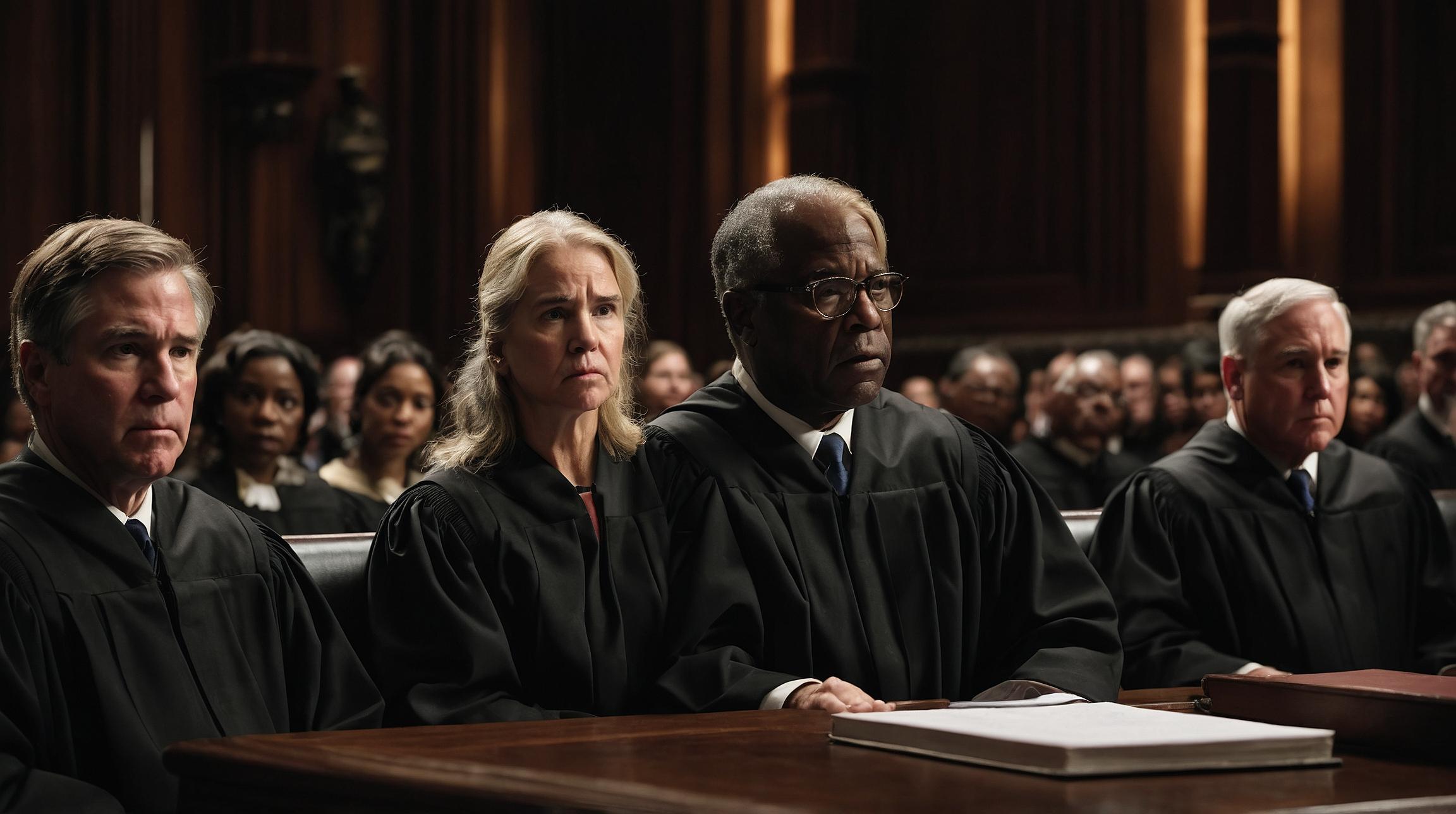Resignations Amid Protests in Bangladesh
Recent developments in Bangladesh have seen significant changes in leadership amidst ongoing student protests. The country's Chief Justice, Obaidul Hassan, and the Central Bank Governor, Abdur Rouf Talukder, have announced their resignations. These resignations mark a pivotal moment in Bangladesh's political landscape, as public dissatisfaction grows.
Background of the Protests
The protests initially began as a response to quotas in government jobs, with students demanding fair employment opportunities. Over time, these protests evolved into a broader movement against Prime Minister Sheikh Hasina's government. The unrest has resulted in tragic loss of life, with approximately 300 fatalities reported, many among them students.
Pressure on Officials and Resignations
Facing significant pressure, Chief Justice Obaidul Hassan resigned following warnings from protestors about potential consequences if he remained in office. Similarly, the resignation of Central Bank Governor Abdur Rouf Talukder reflects the intense scrutiny and demand for change in the country's financial leadership. Although his resignation has not yet been accepted, it underscores the volatility of the current situation.
University and Public Sector Impact
The epicenter of the protests, Dhaka University, witnessed the resignation of its Vice-Chancellor, A.S.M. Maksud Kamal. The university has become a focal point for the movement, further intensifying the call for systemic changes.
Political and Security Shifts
In light of the protests, Prime Minister Sheikh Hasina has sought refuge in New Delhi. Her absence has led to a reshuffling of various high-ranking positions, including the appointment of a new police chief and changes in the military leadership. These shifts are part of an effort to restore stability and address the protestors' grievances.
Conclusion and Outlook
As Bangladesh navigates this period of upheaval, the focus remains on achieving peaceful resolutions and addressing the underlying issues driving the protests. With leadership changes and ongoing negotiations, the nation's path forward is uncertain but crucial for its continued development and stability.
Sources: Reuters, BBC News, Al Jazeera













